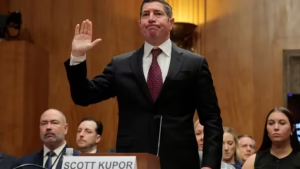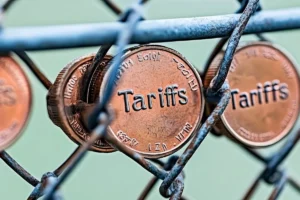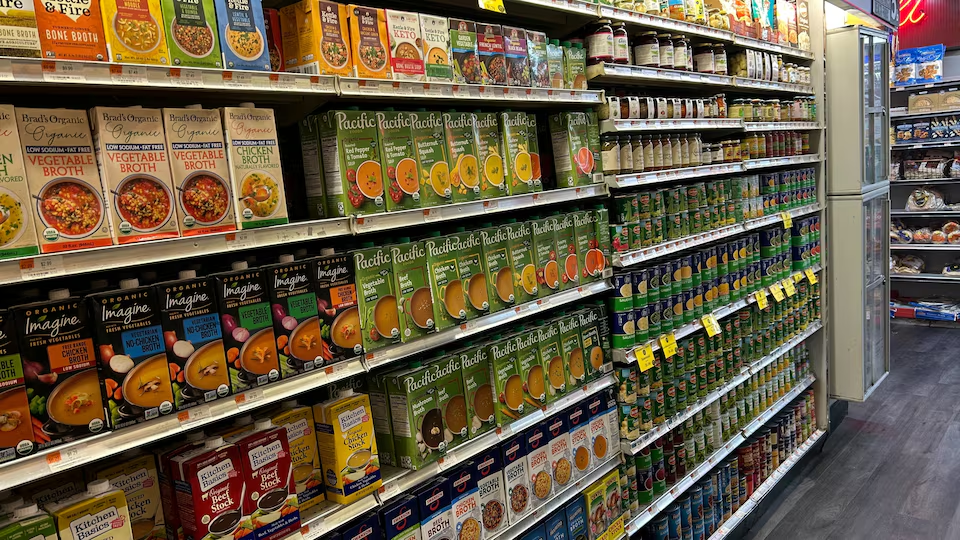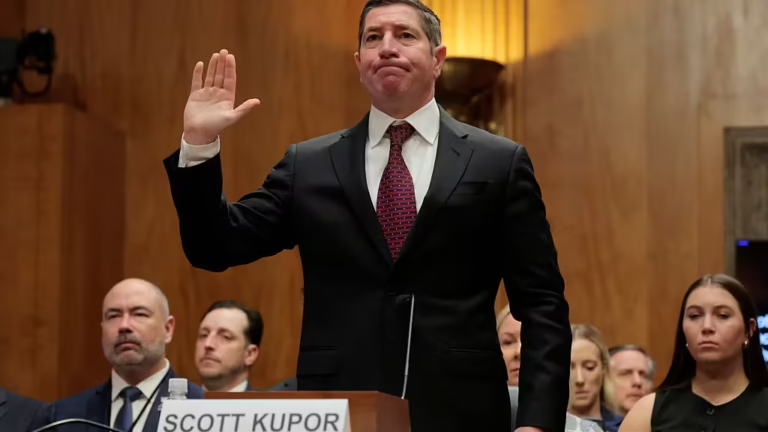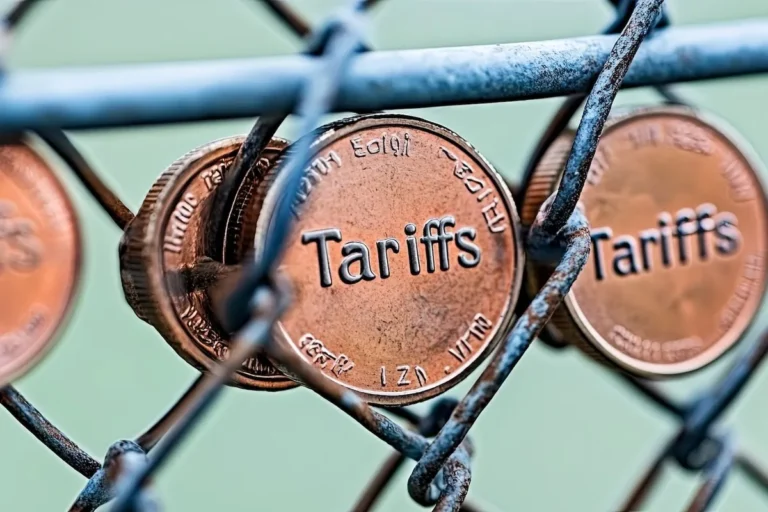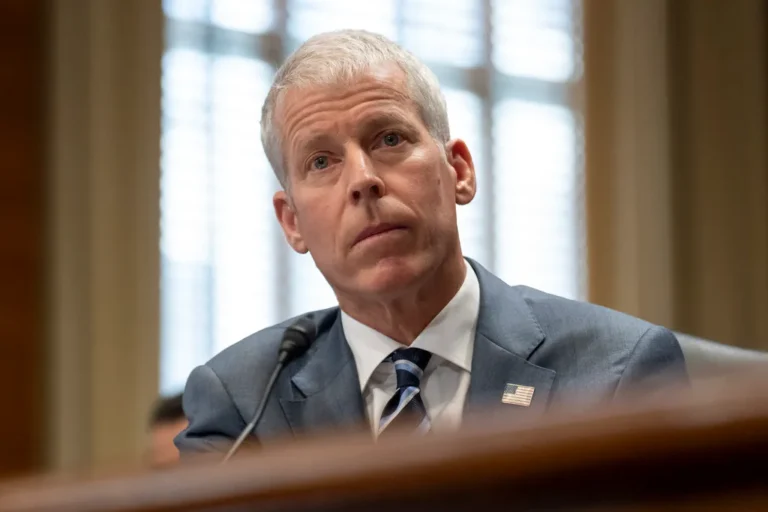Steel and Aluminum Tariffs Send Shockwaves Through Food Packaging
From Cans to Cartons, President Donald Trump’s decision to double tariffs on imported steel and aluminum to 50% on June 4 has caused ripples across the U.S. packaging industry. What began as a move to curb cheap Chinese imports is now putting pressure on American producers of canned goods, beverages, and personal care products.
Companies like Pacific Coast Producers, a major supplier of canned fruits and vegetables to U.S. supermarkets, hospitals, and schools, are now struggling with rising material costs. Andy Russick, the company’s VP of Sales and Marketing, says the cost of specialty steel used for cans could increase by 24% by next spring.
Domestic Companies Bear the Burden
While the goal of the tariffs is to protect American manufacturing, some U.S. businesses are becoming unintended casualties. Since 2017, the influx of cheaper canned food imports from Southeast Asia and Europe has undercut domestic prices. With higher steel costs, American producers like Pacific Coast are at a competitive disadvantage.
Russick estimates that his company will have to pass along $8 to $10 million in extra costs to customers this year — a figure that could climb to $40 million in 2025.
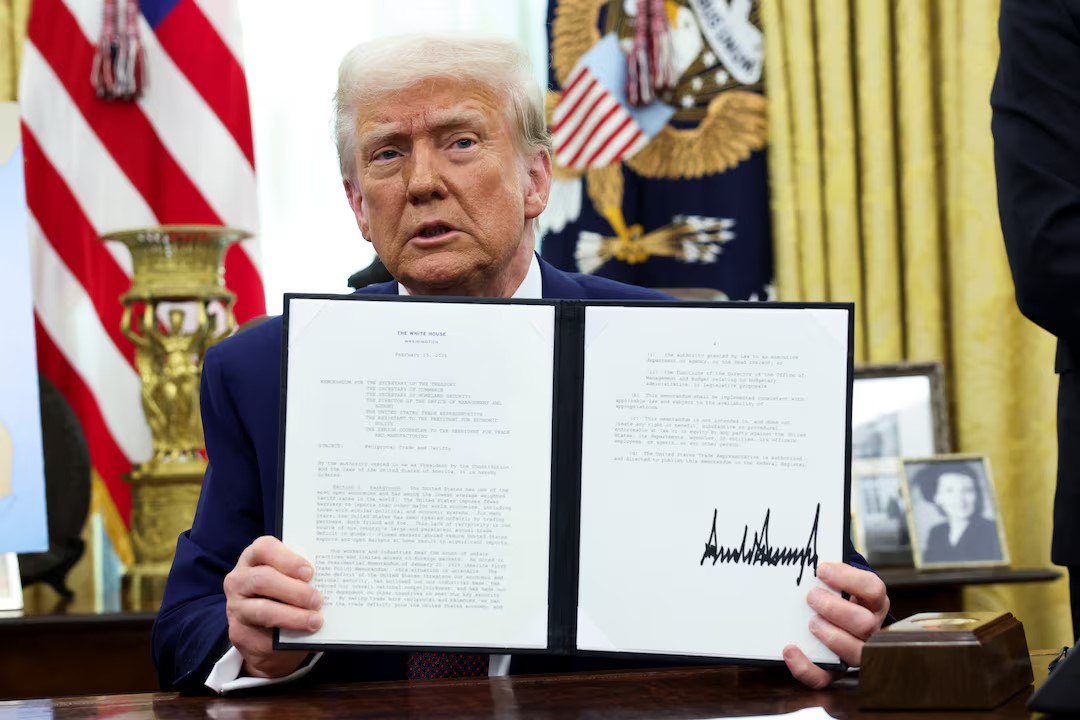
Packaging Industry Eyes Alternatives
Facing tighter margins, companies are exploring alternatives to steel and aluminum. Russick expects a shift toward aseptic cartons from firms like Tetra Pak and SIG Group. These fiber-based containers avoid aluminum and offer longer shelf life.
Similarly, companies are considering plastic and foil pouches for products like tomato sauce. Coca-Cola has already hinted at increasing its use of plastic to offset can costs, while Campbell Soup says it will continue relying on steel cans but is working to mitigate costs.
Winners and Losers in the Packaging Shift
Glass bottle manufacturers see an opportunity. Scott DeFife of the U.S. Glass Packaging Institute believes tariffs could drive more demand for glass bottles, especially in beer and premium beverage sectors.
Still, switching from aluminum to glass isn’t simple. Glass is heavier, more expensive to ship, and requires different production infrastructure. The beer industry, in particular, is heavily reliant on aluminum, which accounted for 64% of beer packaging in 2023.
Aluminum is also dominant in energy drinks, canned water brands like Liquid Death, and ready-to-drink cocktails. Many beverage makers have already shut down bottling lines, focusing entirely on cans — making a packaging pivot costly and complex.
Recycled Aluminum May Soften the Blow
Not all aluminum is affected equally. Jack Buffington of First Key Consulting notes that most U.S. beverage cans are made from recycled aluminum, which is not subject to the new tariffs. On average, U.S. beverage cans contain 71% recycled content, according to the Aluminum Association.
Anheuser-Busch InBev, one of the world’s largest brewers, said earlier that tariffs would not significantly impact its operations. The company sources nearly all its cans domestically and hasn’t announced any packaging changes.
Big Brands Have More Flexibility
Companies like Coca-Cola and PepsiCo, with diverse packaging portfolios, can adapt more easily. Coca-Cola packages about 50% of its global products in plastic and 26% in aluminum or steel. PepsiCo said only 8% of its 2023 packaging involved aluminum, giving both brands room to maneuver.
German packaging technology giant Krones, which supplies glass bottling lines, reports no major shift toward glass so far. Uncertainty about the permanence of tariffs makes companies hesitant to invest heavily in new equipment or supply chains.
Industry Takes a Wait-and-See Approach
For now, many companies are watching and waiting. “If these tariffs persist, tighter margins will eventually force a response,” said analyst Zak Stambor. But as DeFife of the Glass Packaging Institute notes, “A 30-day thing is not a threat to your supply chain immediately.”
Trump’s tariff hike has forced packaging manufacturers and consumer brands to rethink long-term strategy. Whether this leads to a permanent shift away from aluminum and steel remains to be seen — but for now, the shelves are slowly changing, one can at a time.
For more latest news checkout our website: usnewsinsight

